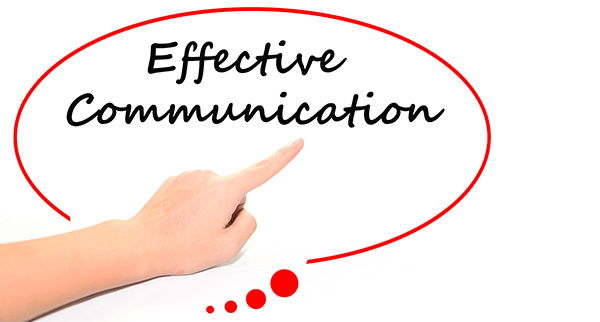Communication and Report Writing

Section 1: Course Information
Role: Course Lecturer
Lectures: 500 Level Class, Chemical Engineering Department
Period: First term: Wednesdays (11 am-1 pm)
Prerequisite(s): NA
Section 2: Course Description and Expectations
Aim:
This course aims to provide students with an in-depth understanding of the art of effective communication and technical writing. Furthermore, it is also the aim of this course to give you an understanding of the types, functions, and components of a good technical report, and how to write logically and fluently as well as all its components for a specified audience, and making good presentations.
Objectives:
The objectives of this course include the following:
- Provide students with an understanding of the principles of scientific communication
- Introduce students to the art of technical writing
- Introduce students to oral presentations and the use of graphic aids
- Introduce students to the concept of plagiarism and ethics in professional writing
- Introduce students to the writing of thesis and dissertation
- Introduce students to the art of listening and speaking
- Introduce students to statistical analysis of data and the use of softwares for such
Learning Outcomes
- At the end of taking this course, the student should have been exposed to the basic concepts of scientific communication
- This should enable the student to carry out tasks such as:
- Writing technical reports such as proposals, thesis, feasibility reports
- Intelligently discuss technical reports for any target audience
- Giving oral presentation
- Speak and listen effectively particularly during lectures and interviews
- Analyse scientific data
Outline
- Introduction to Communication
- Barriers to Communication
- Non-Verbal Communication
- Written Communication
- Technical Writing
- Writing a thesis, CV, Resume, Cover letter etc
- Group Discussion
- Interview Skills
- Giving Oral Presentations
- Plagiarism and professional ethics
- Statistical analysis of data and display
Section 3: Assessment
- Continuous assessment
- Class activities
- Quizzes
- Take home assignment
- Group presentation
- Closed book final exam
Section 4: Recommended texts
- Adair, J. (2003). Effective communication. London: Pan MacMillan Ltd.
- Day, Roberts A. (1983). How to Write and Publish a Scientific Paper ed. Philadelphia :ISI Press.
- Trelease, S.F. (1985). How to Write Scientific and Technical Papers. Baltimore, Md., William & Wilkins
- Woodford, F.P. (Ed.). (1968). Scientific Writing for Graduate Students. New York. The Rockefeller University Press. (A Council of Biology Editors Manual).